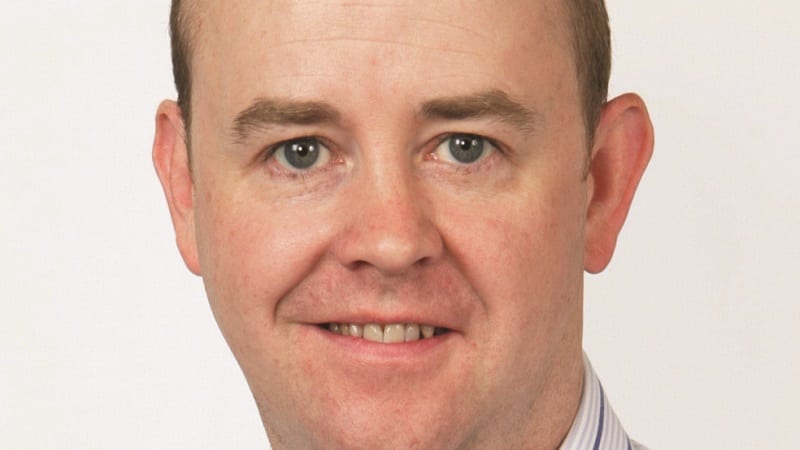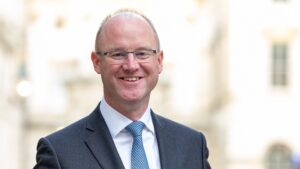“I would almost call this a Goldilocks moment, where it’s not so bad, it’s not so good, central bank’s behaviours are probably on the dovish side. I would say it’s time for investors to be a little bit more relaxed.”
That was what Blackrock chairman and CEO Larry Fink said in March 2019. Fink believed there is too much global pessimism and that the money being held on the sidelines by cautious investors is likely to be put back into equities.
A ‘Goldilocks economy’ is one where the environment is warm enough – with steady economic growth to prevent a recession; however, that growth is not so hot as to push it into an inflationary status – the perfect economic porridge if you will.
The term has appeared time and again when markets were seen by some to be in a sweet spot – such as 2017 when the majority of global markets saw growth pick-up and volatility was minimal. Should investors be confident now? I’m no market pessimist, but I feel there are too many variables to have confidence in this scenario.
A recent AGI conference I attended has reinforced my belief that this is the type of environment in which investors should be prudent. Interestingly, the asset manager showed every time the ‘Goldilocks economy’ terminology became popular (as referenced by the number of times it was searched online) a bout of market volatility quickly followed. Early 2007 and 2018 are good examples of this.
In the here and now
So, what should investors consider in the here and now? The best place to start is that any hopes of an economic recovery have yet to fully materialise, while geopolitical concerns are very real and very different. There is an argument that global economic data has been declining for the past 15 months.
M1 monetary supply (a measure of the most liquid amount of money that is used for payments or deposits in banks) is also a good indicator for economic activity and normally has a six-month lag to volatility. M1 has been falling fairly sharply (until a recent pick-up in China) and indicates the global economy is not in the best of shape. In addition, there has typically been a correlation between Global Real M1 Money Supply and the JPMorgan Global Manufacturing PMI Index in the last couple of decades. However, figures to the end of March 2019 show a disconnect: the PMI figures indicate everything is in good shape, but the M1 figures say otherwise.
Another disconnect in markets can be seen in the US, where corporate debt ex-financials is at record high levels. Historically, when leverage is high investors should be getting paid more, but at the moment credit spreads are not reflecting this – to take this level of risk at the end of March 2019, you would be getting a yield of 4%, when historically I think you could be getting us much as 6%.
As I mentioned earlier, I’m by no means a pessimist, I think there are two keys to solving these challenges, the first being to go down the active route, and the second is to use funds with a flexible mandate, particularly for cautious investors.
So where can investors get this flexibility? I would start with a strategic bond fund like Invesco Monthly Income Plus. Managers Paul Causer, Paul Read and Ciaran Mallon can use the full flexibility of the mandate to invest where they wish ,with the macroeconomic environment often driving the managers’ positioning. In addition to investing across the fixed income market, the fund can also invest up to 20% in equities – managed by Ciaran.
Jupiter Distribution fund also meets the flexible criteria by having an approximate 70:30 ratio between holdings in fixed income and equities. It focuses on risk control and capital preservation, while also offering a monthly income. Alastair Gunn and Rhys Petheram will meet companies together to analyse whether the best investment opportunities lie in their equity or debt structure.
Global funds also offer flexibility to investors, and one fund we like which focuses on capital preservation is JOHCM Global Opportunities fund, managed by Ben Leyland and Robert Lancastle. Although the portfolio typically consists of 30-40 stocks it has a strong focus on both country and sector diversification.
Past performance is not a reliable guide to future returns. You may not get back the amount originally invested, and tax rules can change over time. Darius’s views are his own and do not constitute financial advice.







